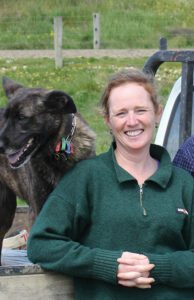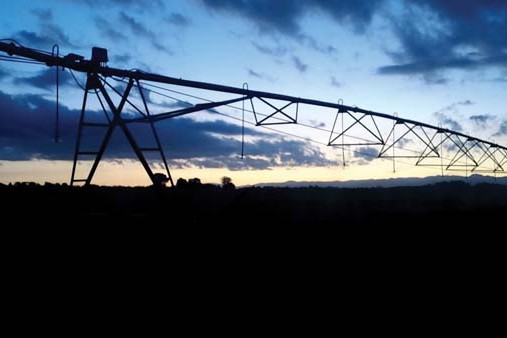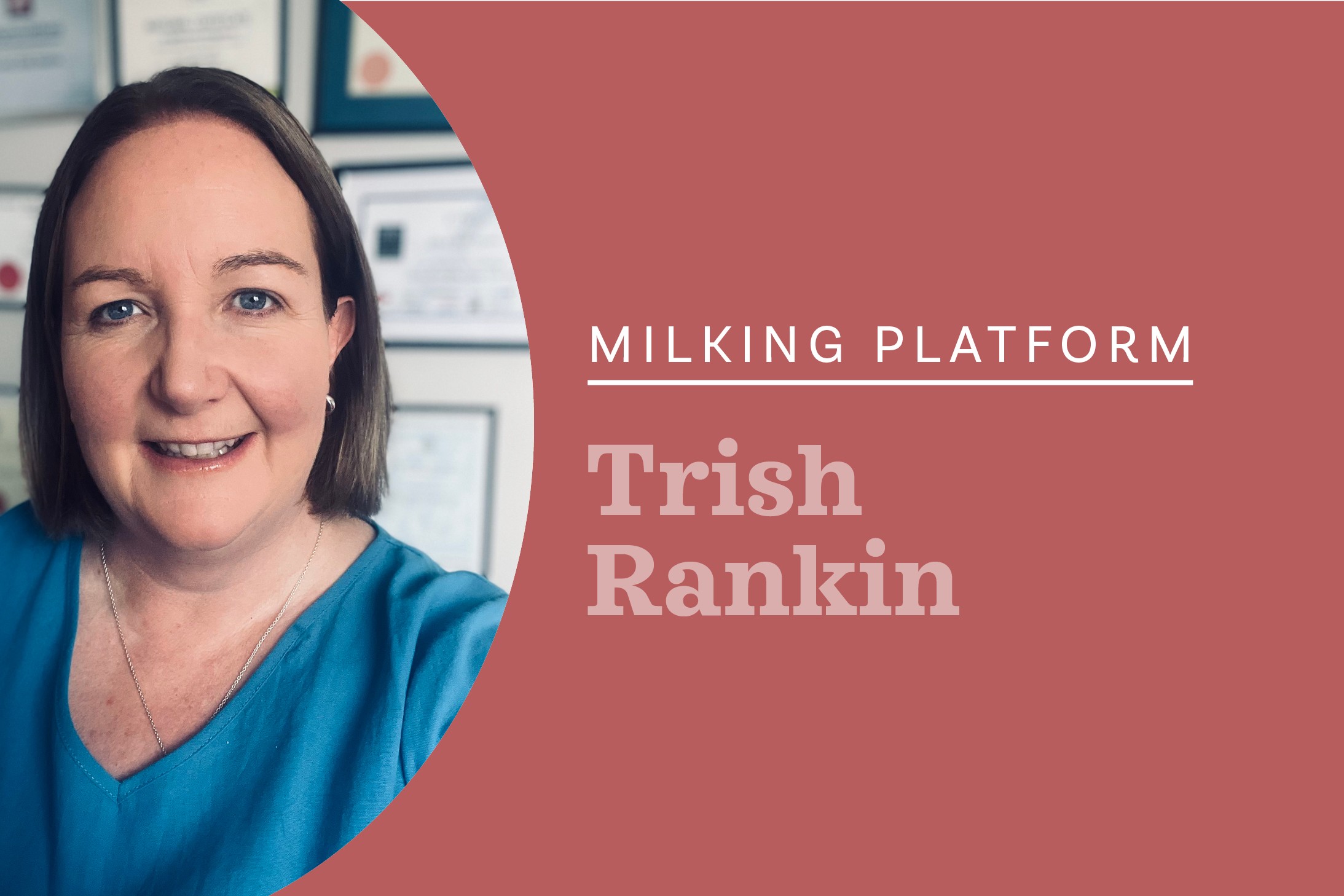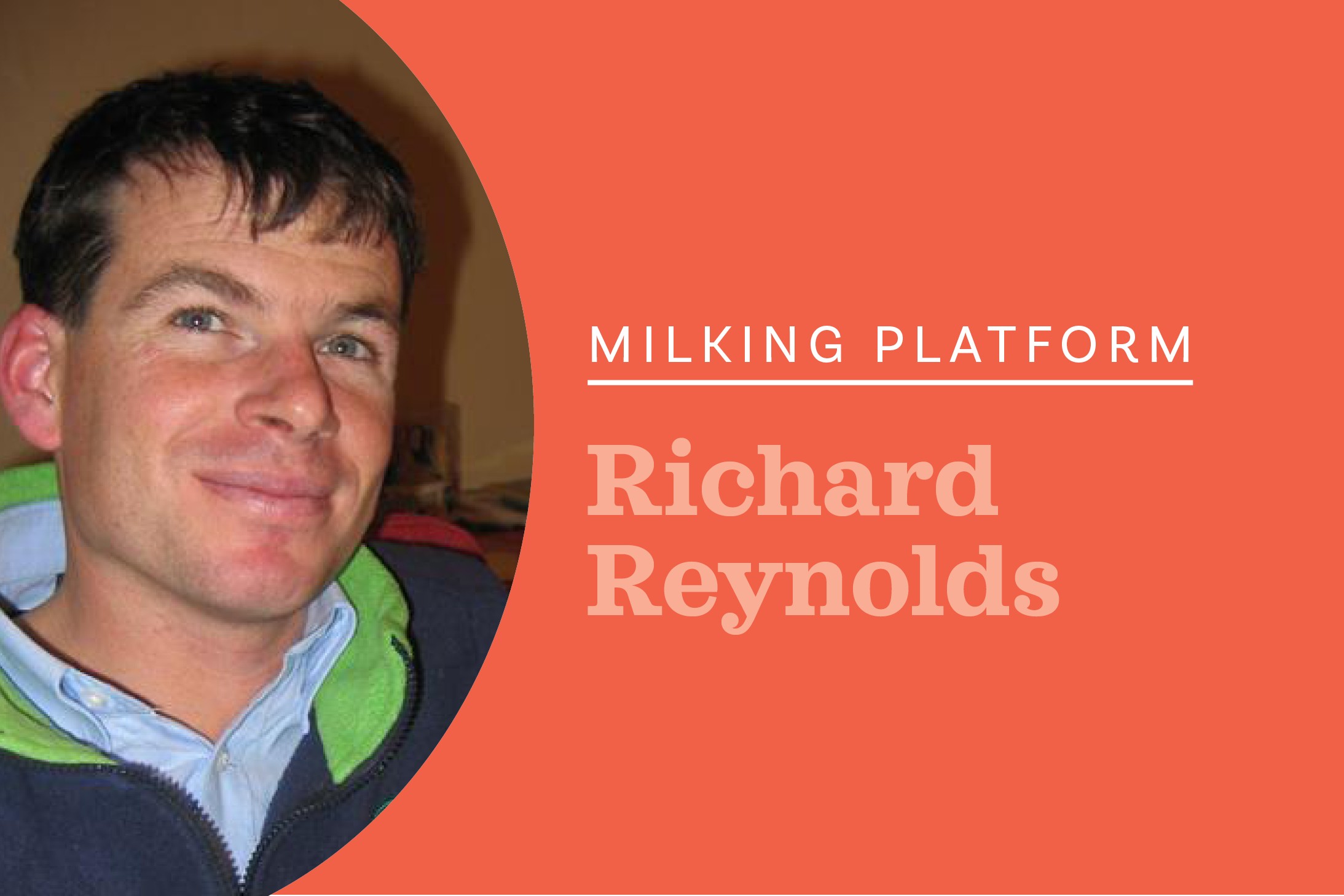If we’re are going to save our own skin, we are all going to have to make some serious changes, Southland dairy farmer Suzanne Hanning writes.
 Every dominant species in an environment will have a direct effect on that environment. Whether you believe in climate change or not, one cannot argue that humans as a species are not only dominant, but are having an effect on our world.
Every dominant species in an environment will have a direct effect on that environment. Whether you believe in climate change or not, one cannot argue that humans as a species are not only dominant, but are having an effect on our world.
For people then talking about saving the world, the world doesn’t need saving. In the words of John Dutton “There will be a time when Earth sheds us like dead skin.” It’s not the survival of the world that is at stake, it’s ours. Of course, to sell a message like that would come across as selfish, so, the message put out taps into the inner wanna-be hero.
That message is gold to a person’s perceived image and those that market to them. It’s all designed to remove guilt, make people feel they are doing something meaningful and that makes them feel good. It gives a little bit of meaning and purpose in an otherwise too big, meaningless world. People can’t do much about the war in the Ukraine, but they can still be a hero by buying shampoo in a 100% recycled plastic bottle.
This leads me to the biggest hero gig out. The Emissions Trading Scheme with emphasis on the word Scheme. Not to be confused with He Waka Eke Noa, in which funds are intended to be circulated back to farmers.
Rod Carr explicitly advised the New Zealand Government that we cannot plant our way out of this. But our powers that be appear to be strongly supporting just that.
“Any time anyone plants enough trees to sequester a tonne of carbon, we automatically generate an NZU, which is a permit to pollute a tonne of carbon into the atmosphere.
“Which means, technically, unlimited forestry allows unlimited pollution.”
But those trees only sequester carbon while they are growing. The carbon is stored in the wood and once the wood rots or is burnt, that carbon is released back into the atmosphere. Hence, future generations will need to continue to plant more trees to absorb carbon being emitted historically.
As NZ allows 100% of a companies’ pollution to be offset with forestry, buying a few carbon credits means it can be business as usual for emitters and they can claim they are “carbon neutral” even though they haven’t done anything except a little virtue signalling. Those customers buying their products can then have a guilt-free purchase and feel they’re “saving” the planet when the reality is mere smoke and mirrors and couldn’t be further from the truth.
The reality is, if we’re are literally going to save our own skin, we are all going to have to make some serious changes. In a literal sense, all the carbon (fossil fuels) that has been dragged out of the earth for the last 100+ years needs to somehow go back there.
Think about all the stuff made from those fossil fuels – it is mind-boggling to think of the sheer volume of stuff consumed, burnt, used and thrown out. No wonder it’s easier for the majority to point the finger at agriculture, then they don’t have to do much because they’re buying their almond milk latte in their commercially compostable cup and feeling like a hero for doing it.
How we climb out of this, I have no idea. But some people will end up paying for it and some will make a lot of money on the way.





